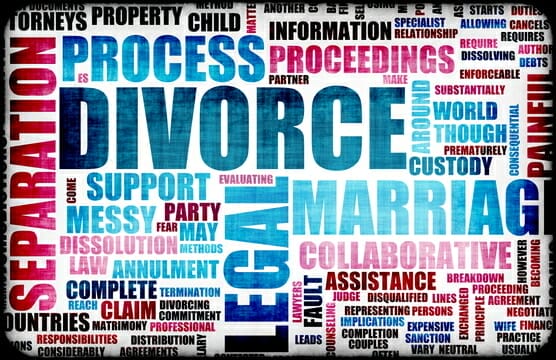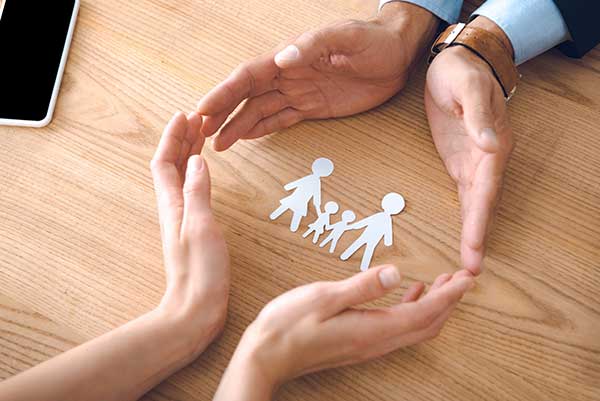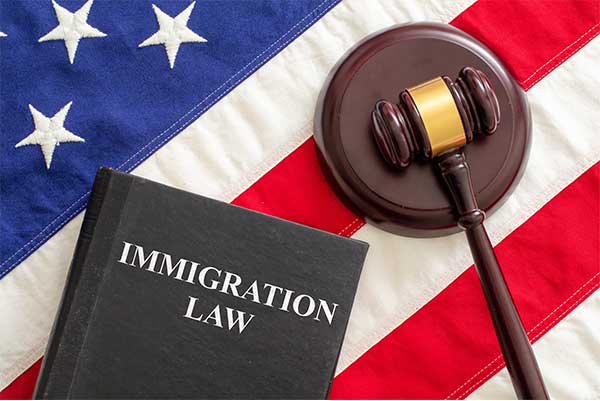Understanding the Differences between Sole and Shared Custody
If you have children and you are planning to divorce your spouse, then you may face a heated legal battle when it comes to child custody. There are many factors that you must consider during this time, including which type of custody you intend to pursue.
It is always best to arrange an amicable child custody agreement with your spouse. However, it may still be beneficial to discuss your situation with an attorney so you can learn your rights and avoid making mistakes.
Naples child custody lawyer Michael M. Raheb can evaluate your situation and explain your options. He can clarify the differences between sole and shared custody, and construct a legal strategy to represent your interests. To schedule a consultation, call The Law Offices of Michael M. Raheb, P.A. today at 866-949-0888.
In the meantime, read on to learn the key differences between sole and shared custody in Florida:
Sole Custody
According to Florida Statutes, sole custody allows one parent to make all decisions for the child without the need to consult the other parent. These include day-to-today decisions, such as the time the child will go to bed, and more important judgments, such as where the child will live and what school he or she will attend.
A judge will typically award sole custody to a parent if he or she believes shared custody will not be in the child’s best interests. This may be due to a history of abuse, domestic violence or neglect on behalf of one of the parents.
If one parent has sole custody of the child, this does not mean that the other will not be involved in the child’s upbringing. The other parent can have visitation rights and remain actively involved in the child’s life.
Shared Parental Responsibility
A judge may award both parents shared parental responsibility if he or she believes this is in the best interests of the child. According to WomensLaw.org, shared custody gives both parents full rights regarding parental decisions.
Under a shared parental responsibility agreement, both parents must be in regular communication about all decisions that impact the child’s health and well-being. These include where the child will live, what school he or she will attend, and what religion he or she will follow.
The judge may also rule that a combination of the two types of custody is in the child’s best interests. According to WomensLaw.org, one parent may carry significantly more responsibility in these cases, or the judge may assign certain responsibilities to each parent.
Divorce disputes often stem from disagreements regarding child custody. These are high-stakes matters, and a small mistake could compromise your ability to win shared or sole custody.
If you have questions about child custody laws in Florida, contact the Law Offices of Michael M. Raheb, P.A. at 866-949-0888. Naples child custody attorney Michael M. Raheb can help you navigate the legalities of family law and protect your rights during divorce.



































